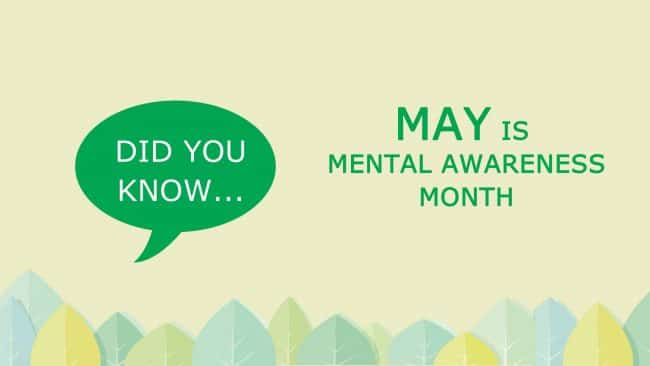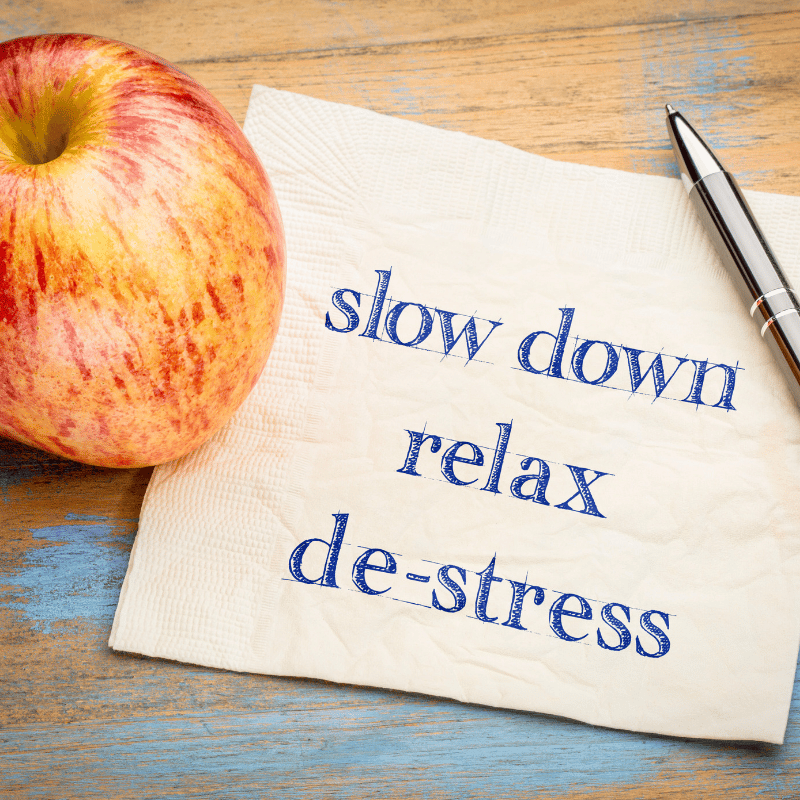Why do we focus on mental health?
In the UK we have a whole month focussed on Mental Health, but last week was specifically in the focus of Mental Health Awareness week. There have been a multitude of programmes, articles and blogs.
Why do we focus on Mental Health? Well that is because, like physical health, we can have good health or bad and like physical health, there is plenty we can do to improve. In fact many of the things you can do to improve physical health will also improve mental health. This was particularly well highlighted on the BBC programme, Mind Over Marathon, following a group of ten people with different mental health issues to be encouraged and trained to run the London Marathon.
 Running is a great coping mechanism
Running is a great coping mechanism
While I am not a runner myself, I can completely identify with the messages from the programme. Exercise, not just running, can really help improve both physical and mental health. It has certainly been my personal experience.
Here are the great messages from the programme that I really liked, but starting with a phase that I thought was a gem and my absolute favourite “Fall in love with moving forward”. What a great motivational phrase with so many interpretations. So here are my top 5 with my spin on what was said.
1. Running is a great coping mechanism. Running and mental health are really good companions. It releases endorphins, which make you feel better. If you run as part of a group then you also get community for support and structure from the trainers.
However if this seems a little too intense right now start with something gentle like walking. If you prefer a group and want the sense of community then joining a local rambler group, U3A or similar can be a great way to get some exercise. A lot of WI and Rotary clubs have walking groups too.
What about swimming?
Swimming is also great. (One of my personal favourites!). Many local council pools have very reasonably priced classes if you feel you want help getting back into a routine. They key is that any exercise really helps.
2. People assume that if you are diagnosed with a mental illness that you are really ill and that there is something really wrong with you. This is the stigma that, unfortunately, so many people have to go through. Here is the reality. The reality is that you yourself or someone close too you will suffer from bad mental health at some point. Just like a physical illness, the person needs TLC, rest and recuperation. They are just like you and me.
3. If you are suffering ill mental health yourself, you might have coping strategies, you might not. Acceptance of where you are is crucial. Having a support group to turn to will help. Logic does not work however you try and rationalise the feelings. Just know you will get better. It can feel a bit like a rollercoaster at times. Remember to take each day as it comes and be gentle with yourself in the dips.
4. If you know someone who is suffering then learn to listen, encourage them to talk if they want to and be open minded.
5. Having goals is key, and being able to visualise them even more so. There is a lot of scientific study proving that using your imagination improves performance. If we can imagine something our brains can do it more efficiently. Setting small manageable goals is setting you up for success. Spend time each day visualising that small goal. What does it look like? What can you see, hear and feel around you?
Links between physical activity and good mental health
Last week I also attended Elevate at Excel. While it was predominantly about the physical health industry there were dedicated session all day on both days dedicated to physical activity for health and wellbeing, focussing on the links between physical activity and good mental health.
One fact that was particularly interesting from medical studies carried out was the findings that people suffering from a major depressive disorder (MDD) were 68% more likely to be physically inactive. If anyone is a lover of reading the source material the studies used were Lawlor and Hopkins (2001), Blumenthal et al. (2007), Cochrane review (2012) and Schuch F. et al. (2016). Whilst the studies and statistics were largely around MDD they hold equally true for less severe mental health issues like stress.
Benefits of exercise
The comparisons carried out MDD sufferers benefitted more from intervention using exercise. The best results were from high intensity exercise but quite honestly if you are currently sedentary or suffering from ill health high intensity training is likely to be such a shock to the body as to cause more stress that it reduces.
It was a key factor in my own recovery when I was off with a mental breakdown in 2011. I would recommend starting easy with something that you really enjoy doing and focus on the fun rather than the fact that it is exercise. For my Mum it is walking her dogs. For me it is gardening, although I do enjoy the gym too, especially Pilates. Being part of a group class is also very helpful as it gives greater distraction from a bad day or other issues and you get the social inclusion too, which is really important. It is very easy to want to go home and be isolated and resisting that temptation can be hard. They key is if you don’t get there one day then get there the day after. Go with a friend or family member as you will keep each other motivated.













